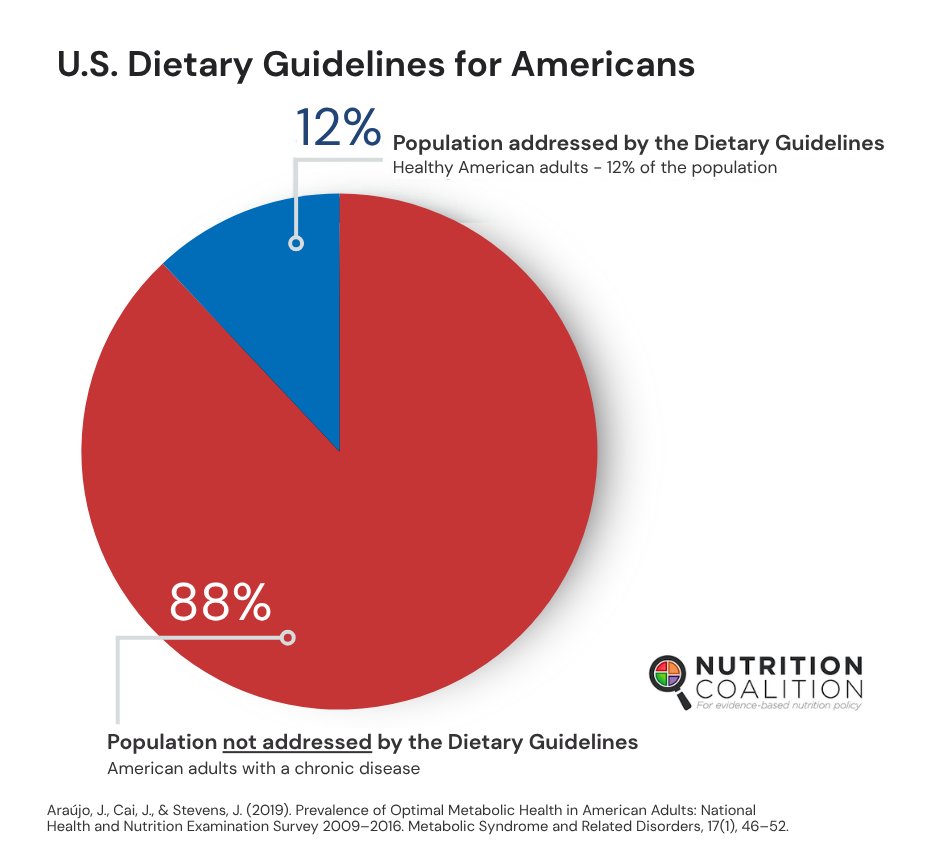My latest: "A short history of saturated fat: the making and unmaking of a scientific consensus"
Do saturated fats cause heart disease? The science was always weak. Fear of these fats was started by American Heart Assoc. in 1961 based on a flawed study🧵
journals.lww.com/co-endocrinolo…
Do saturated fats cause heart disease? The science was always weak. Fear of these fats was started by American Heart Assoc. in 1961 based on a flawed study🧵
journals.lww.com/co-endocrinolo…
2. At the time, Heart Assoc had a major undisclosed conflict of interest: it had basically been launched by funding ($20M in today's dollars) from Procter & Gamble, maker of Crisco Oil
Heart Assoc then promoted veg. oils by selling them as "heart healthy," safer than sat fats
Heart Assoc then promoted veg. oils by selling them as "heart healthy," safer than sat fats

3. Despite Heart Assoc advice, he original "core" clinical trials on saturated fats, from the 60s and 70s, could not find an effect of these fats on cardiovascular mortality, total mortality, and for the most part heart attacks or other 'events.' 

4. Results from these trials, other studies on sat fats were ignored, suppressed. Eg, the famous Framingham study couldn't find any link between sat fats and heart disease. This govt-funded result was never published.
Another major study w/ contrary results not published for 17y
Another major study w/ contrary results not published for 17y

5. Scientists began to re-examine sat fats in late 2000s, w/ work by @garytaubes, and then my book, the first to bring together the arguments, history, on saturated fats + vegetable oils, exposing how we were misled in being told to trade a natural fat for an industrial product 

6. My op-ed in the WSJ was a big factor in prompting a new review on sat fats, by the expert committee in charge of 2015 US Dietary Guidelines. Their intention was to defend the 10% cap on saturated fat, even tho committee head says "there's no magic/data...for the 10%" 



7. 2020 Dietary Guidelines expert committee found that 88% of studies in their own review did not support idea of these fats --> heart disease. Yet committee ignored its own data and concluded the evidence against sat fat was "strong." Suppl. material in mdpi.com/2072-6643/13/1… 

8."The current challenge is for this new consensus on saturated fats to be recognized by policy makers, who, in the United States, have shown marked resistance to the introduction of the new evidence."--from conclusion of my paper. Also, key points here: 

9. Also, not in my paper but important for those who argue that we should cut sat fats anyway, as a prudent measure of prevention. Consider:
Avoiding sat fats can do harm, because you will cut out foods that contain the key nutrients needed for maintaining health...
Avoiding sat fats can do harm, because you will cut out foods that contain the key nutrients needed for maintaining health...
10....And having healthy children. Nutritionists talk about the "food matrix" in which nutrients are eaten. Sat fats eaten in the context of natural, whole foods, come in tandem with Vitamins, minerals, complete proteins that are essential for life.
11. It's sobering to realize that US policy to cut saturated fats was created for middle-aged men fearful of heart disease. Never considered the potential harms to women, children.
US policy on sat fats never weighed costs vs. benefits and has never reflected the science
US policy on sat fats never weighed costs vs. benefits and has never reflected the science

• • •
Missing some Tweet in this thread? You can try to
force a refresh













